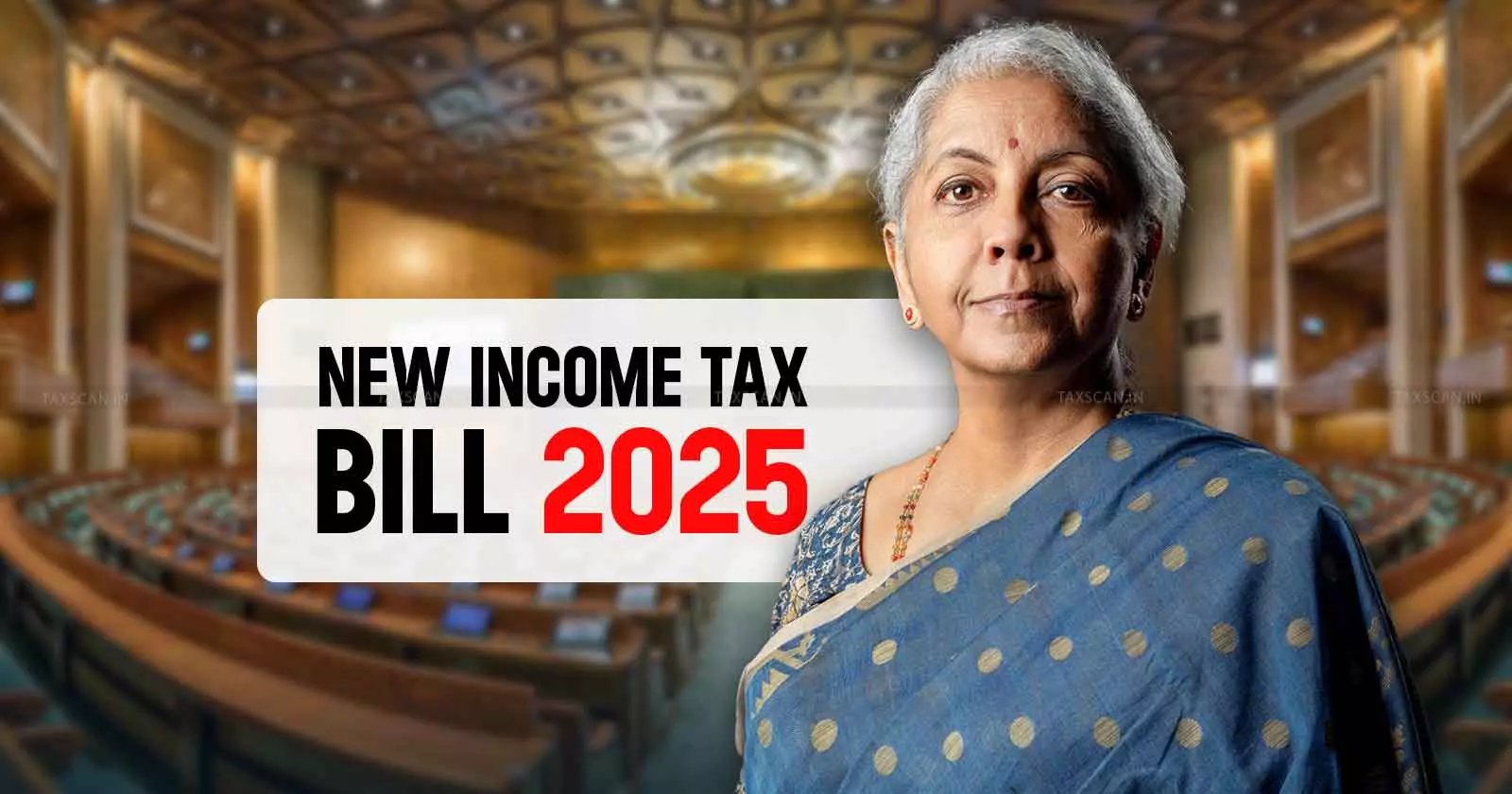Clarity & Compliance: India’s New Income Tax Bill 2025—What You Must Know Before It Becomes Law
Writes simplified legal explainers for Indian citizens.
Last updated Aug 14, 2025
#India Income Tax Bill 2025
#New Income Tax Act India
#Income Tax simplification
#Faceless assessment India
#Tax reforms 2025
#Presidential assent India tax bill
#April 1 2026 new tax law
India’s Parliament has passed the long‑awaited Income‑Tax (No. 2) Bill, 2025, which will overhaul the six-decade-old Income Tax Act of 1961. The bill is now awaiting Presidential assent and is expected to come into effect on April 1, 2026 India Budget+15mint+15Reuters+15Wikipedia+1IndiatimesIndia Today+5mint+5www.ndtv.com+5.
What’s New — Key Highlights at a Glance
- Tax Year Consolidation: Replaces the old “Assessment Year” and “Previous Year” with a single Tax Year for easier understanding.
- No Change in Tax Rates: Existing slabs remain the same; focus is on simplification and compliance ease.
- ₹12 Lakh Exemption Retained: Annual basic exemption limit stays at ₹12 lakh for middle-income earners.
- Code Consolidation: Sections reduced from over 800 to 536 and chapters from 47 to 23 for a leaner tax law.
- Faceless, Digital-First Assessments: Reduces physical interface, increasing transparency and reducing corruption risks.
- Faster Refunds & Mandatory Prior Notice: Refunds can be issued even after ITR deadlines; tax authorities must notify before enforcement.
- Limit on Anonymous Donations: Puts a cap on untraceable donations to religious trusts not engaged in social service.
- Inclusion of Virtual Digital Assets: Expands “undisclosed income” definition to include crypto, jewellery, bullion, and other assets.
- Digital Access by Authorities: Allows access to taxpayers’ emails, online accounts, and social media—raising privacy concerns.
Why It Matters
- Simpler Law = Lower Compliance Costs: Sharpened language and structure make tax navigation clearer for professionals and laypersons alike.
- Tech‑Driven Efficiency: Faceless assessments could slash red tape and curb bribery.
- Fairer Treatment: Refunds without penalties and mandatory notices give relief to those missing deadlines.
- Transparency Boost: Donations and digital assets now under scrutiny, helping curb misuse and tax evasion.
- Start Date Clarity: Assuming the president signs it soon, the law would kick in from April 1, 2026 The Times of IndiaThe Times of India+4PRS Legislative Research+4Indiatimes+4Wikipedia+2Indiatimes+2mint+2Upstox - Online Stock and Share Trading+2.
4. Noteworthy Controversy
Despite its overhaul ambitions, the bill’s passage was marked by a glaring absence of dialogue: the Lok Sabha passed it without debate, prompting Finance Minister Sitharaman to publicly express her shock at the lack of opposition participation India Today+1. Critics argue such sweeping reforms deserve thorough deliberation in a democracy.
What’s Next?
- Presidential Assent: Awaiting sign‑off from President Droupadi Murmu.
- Effect Date: Expected to come into enforcement on April 1, 2026 mint.
- Stakeholder Preparation: CA and tax professionals should review structural changes now—especially concerning digital assessments, refund processes, and privacy implications.
Bottom Line — What Should You Know?
- A modern, streamlined tax code is on the horizon.
- No changes to your tax rates or slabs, but improved navigation and clarity.
- Digital infrastructure is at the core—embrace it.
- Privacy debates may follow—stay informed.
- Mark your calendar: April 1, 2026 is the new normal.

Disclaimer:
The information and opinions expressed in this article are for general informational purposes only and do not constitute legal advice. While every effort has been made to ensure accuracy, laws, regulations, and court rulings may change over time. Readers should consult a qualified legal professional for advice specific to their situation. Vidhik Vichar assumes no responsibility for actions taken based on this content.